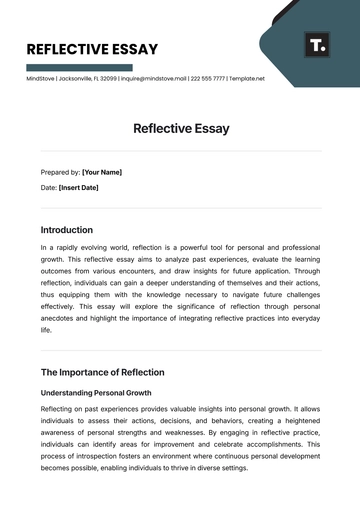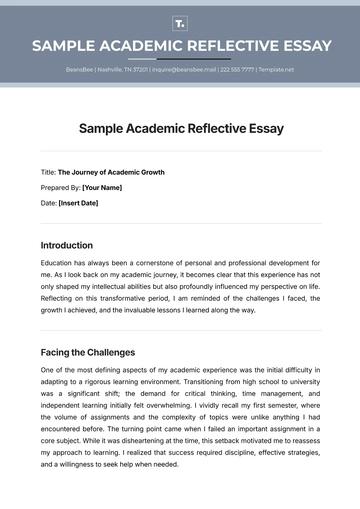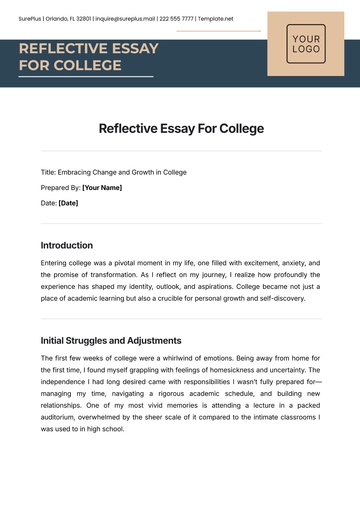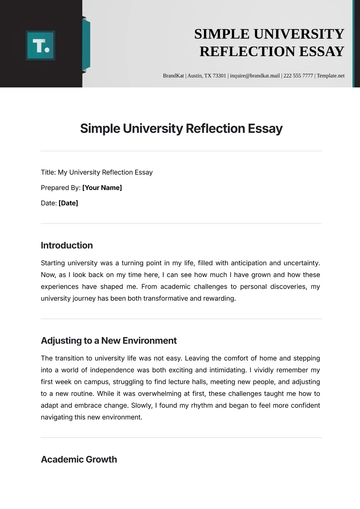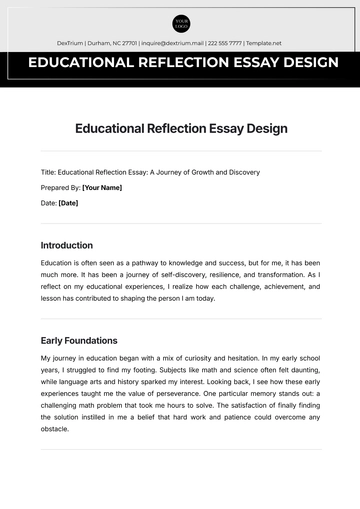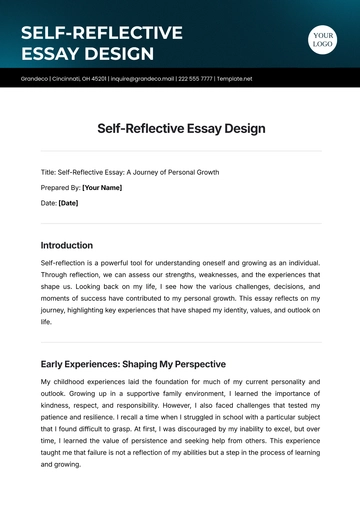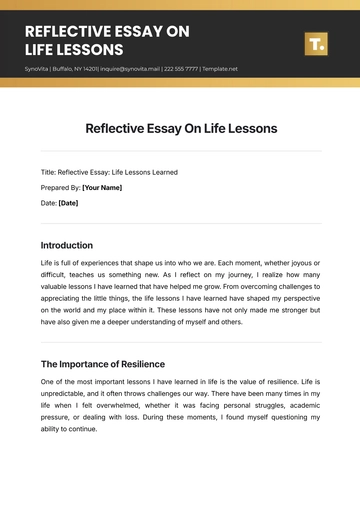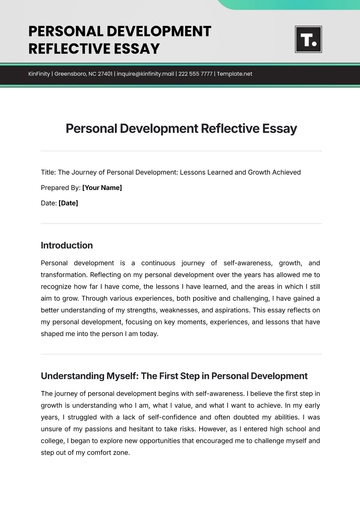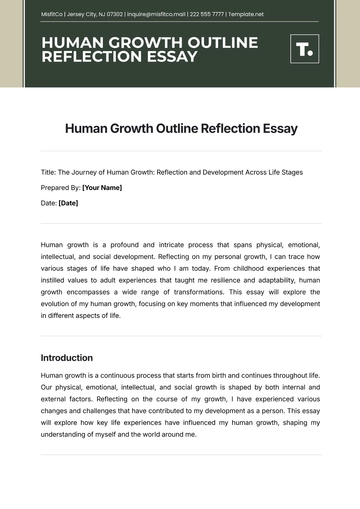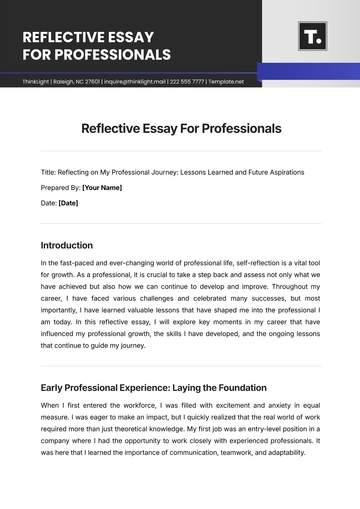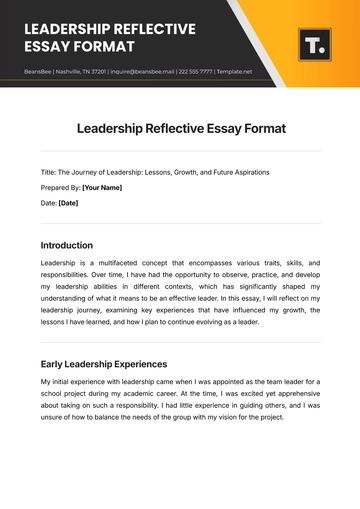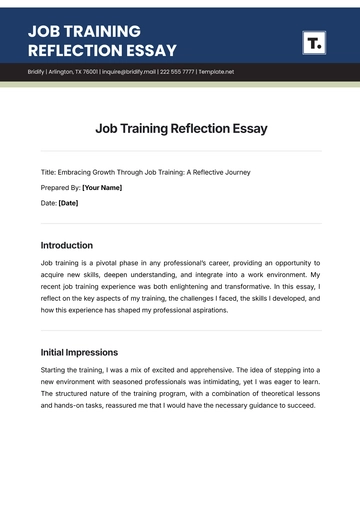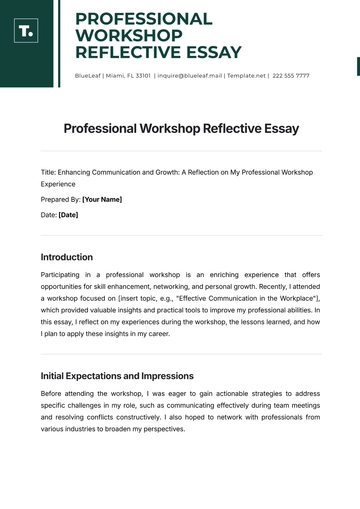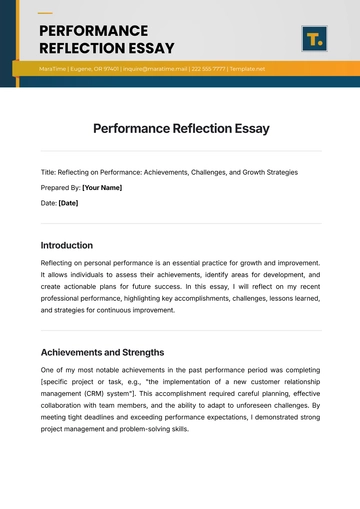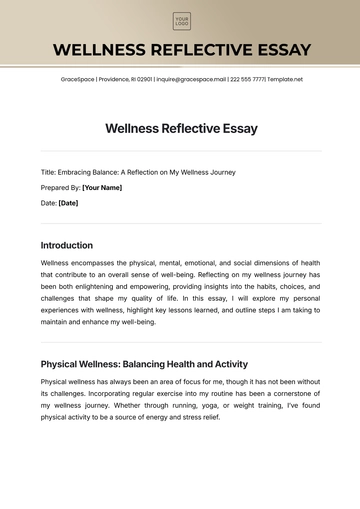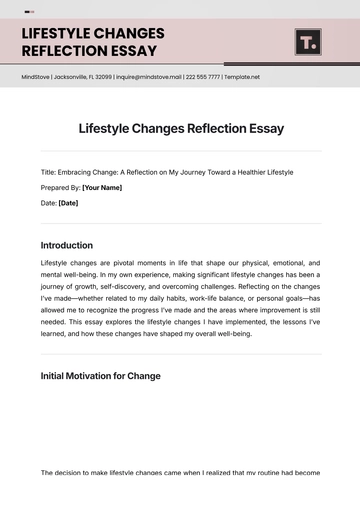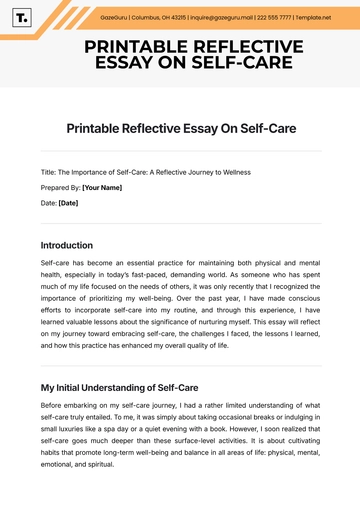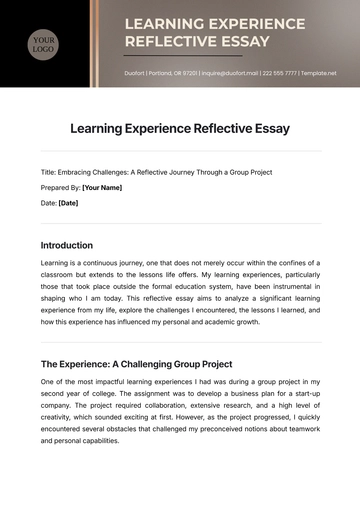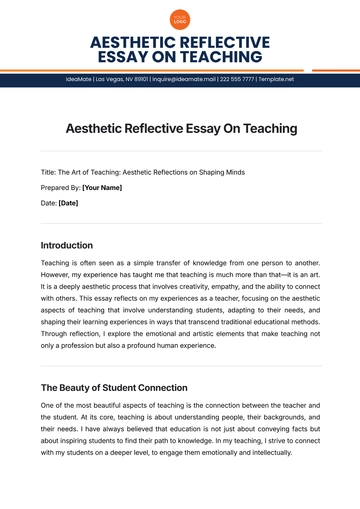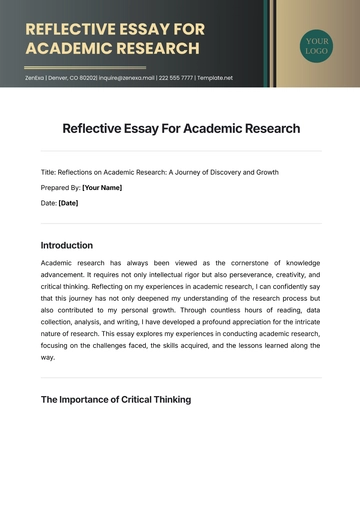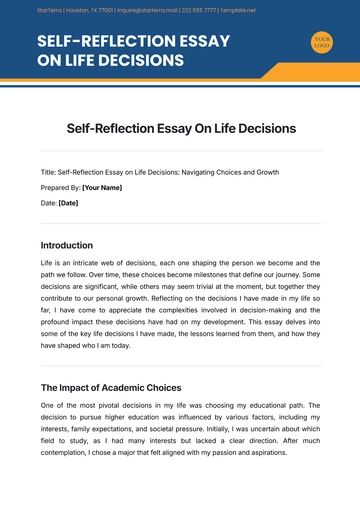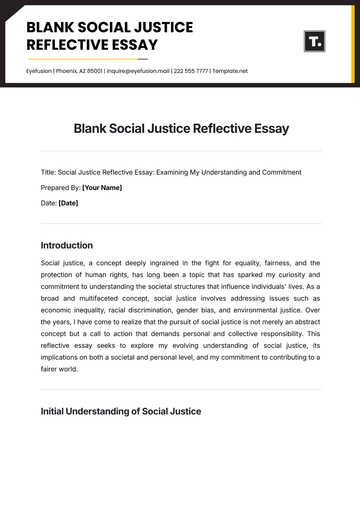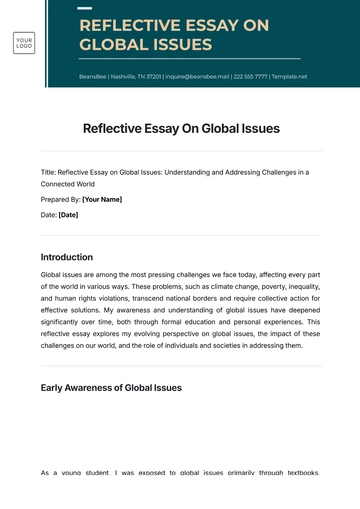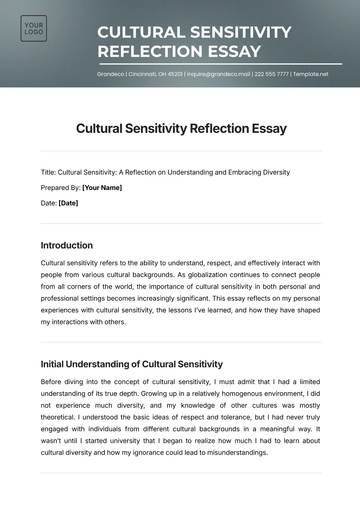Free Mind-Body Dualism Descriptive Essay
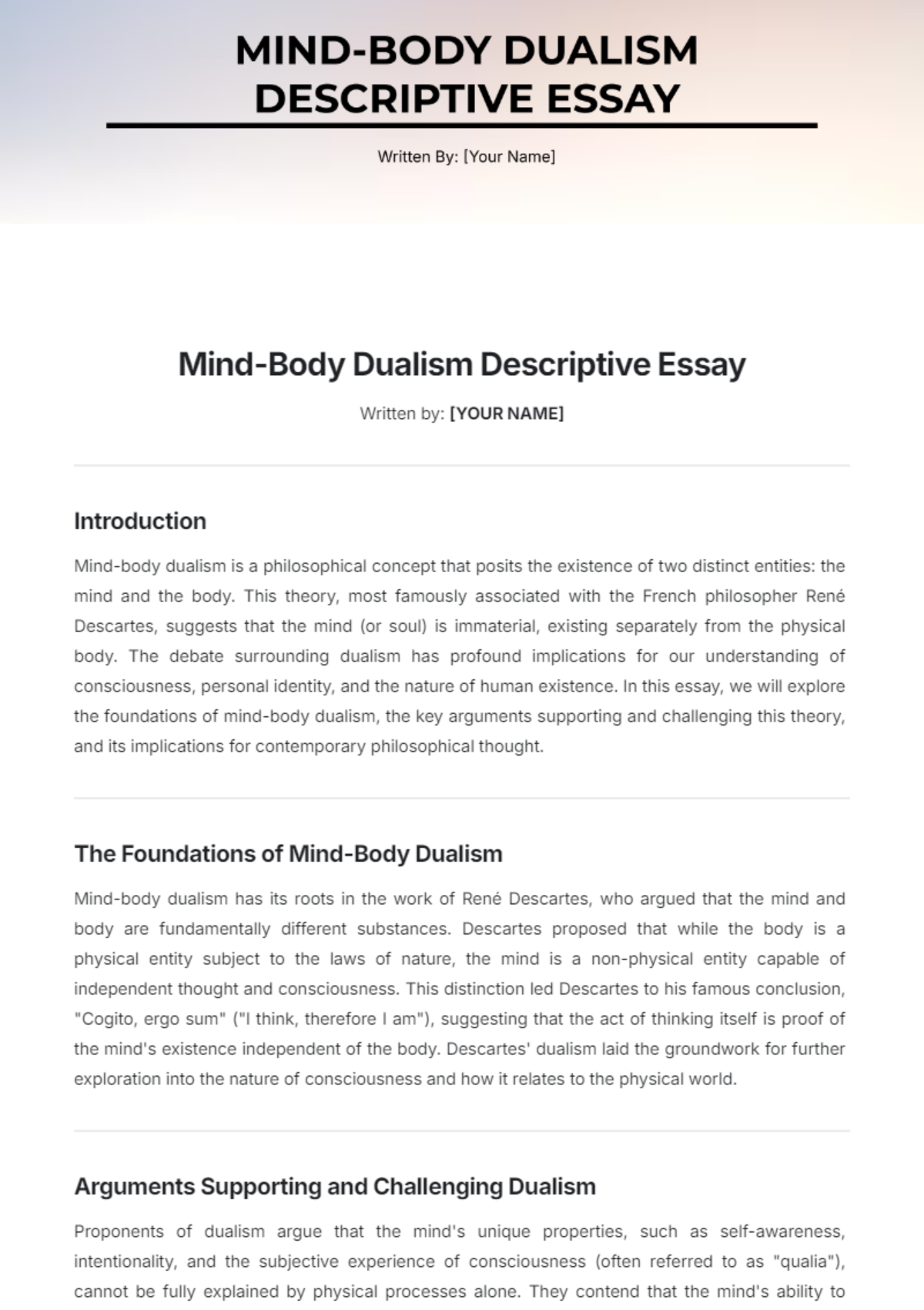
Written by: [YOUR NAME]
Introduction
Mind-body dualism is a philosophical concept that posits the existence of two distinct entities: the mind and the body. This theory, most famously associated with the French philosopher René Descartes, suggests that the mind (or soul) is immaterial, existing separately from the physical body. The debate surrounding dualism has profound implications for our understanding of consciousness, personal identity, and the nature of human existence. In this essay, we will explore the foundations of mind-body dualism, the key arguments supporting and challenging this theory, and its implications for contemporary philosophical thought.
The Foundations of Mind-Body Dualism
Mind-body dualism has its roots in the work of René Descartes, who argued that the mind and body are fundamentally different substances. Descartes proposed that while the body is a physical entity subject to the laws of nature, the mind is a non-physical entity capable of independent thought and consciousness. This distinction led Descartes to his famous conclusion, "Cogito, ergo sum" ("I think, therefore I am"), suggesting that the act of thinking itself is proof of the mind's existence independent of the body. Descartes' dualism laid the groundwork for further exploration into the nature of consciousness and how it relates to the physical world.
Arguments Supporting and Challenging Dualism
Proponents of dualism argue that the mind's unique properties, such as self-awareness, intentionality, and the subjective experience of consciousness (often referred to as "qualia"), cannot be fully explained by physical processes alone. They contend that the mind's ability to think, reason, and feel emotions transcends the mere functioning of neurons and synapses, suggesting the existence of an immaterial substance distinct from the body.
However, dualism faces significant challenges from materialist perspectives, which argue that everything, including consciousness, can be explained through physical processes. Critics point to advances in neuroscience, which have shown that mental states are closely linked to brain activity, suggesting that the mind may not be separate from the body but rather a product of it. Materialists argue that dualism fails to account for how an immaterial mind could interact with a physical body, a problem known as the "interaction problem."
Implications of Mind-Body Dualism
The implications of mind-body dualism extend beyond philosophical debates and into areas such as psychology, ethics, and artificial intelligence. In psychology, dualism influences discussions on the nature of mental health and the treatment of mental illnesses. The belief in a distinct mind may lead to approaches that emphasize talk therapy and other methods that engage with the mind directly, rather than solely focusing on physical interventions.
In ethics, dualism raises questions about personal identity and moral responsibility. If the mind is separate from the body, what does this mean for concepts like free will and the soul? Dualism also has implications for artificial intelligence, as it challenges the idea that machines, which are purely physical entities, could ever possess true consciousness or self-awareness, reinforcing the notion that there is something inherently unique about the human mind.
Conclusion
Mind-body dualism remains a central topic in philosophical discussions about the nature of consciousness and personal identity. While dualism offers a compelling explanation for the distinct qualities of the mind, it faces significant challenges from materialist perspectives that argue for a more integrated understanding of the mind and body. The ongoing debate between dualism and materialism not only shapes our understanding of human existence but also influences fields such as psychology, ethics, and technology. As we continue to explore the mysteries of consciousness, the question of whether the mind and body are truly separate entities remains a profound and unresolved inquiry in the study of philosophy.
- 100% Customizable, free editor
- Access 1 Million+ Templates, photo’s & graphics
- Download or share as a template
- Click and replace photos, graphics, text, backgrounds
- Resize, crop, AI write & more
- Access advanced editor
Unlock deep philosophical insights with the Mind-Body Dualism Descriptive Essay Template from Template.net. This fully customizable and editable template simplifies your writing process. Editable in our AI Editor too, you can tailor your essay to your exact needs with ease. Perfect for students and professionals seeking a polished, thought-provoking essay.
